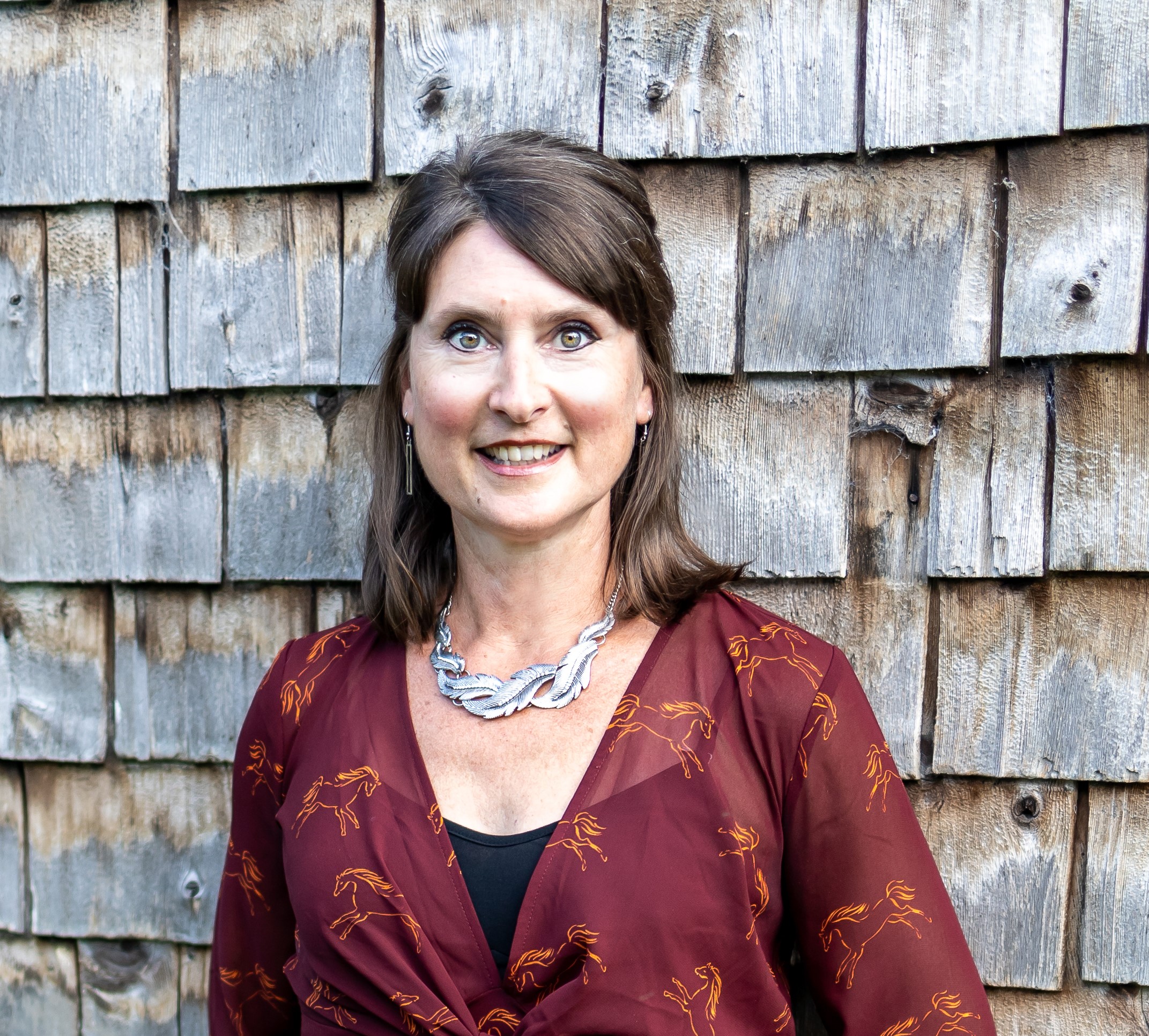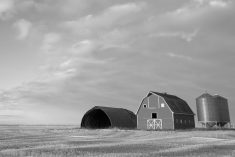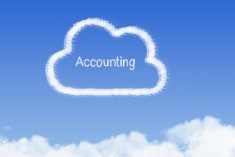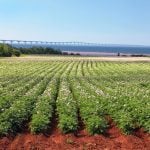Are farmers leveraging their new-found equity to generate new business opportunities or farm wealth? To explore what farmland values mean for farms and farming across Canada, Country Guide sat down with Pascal Thériault, agricultural economist at Macdonald Campus, McGill University and vice-president of Quebec’s Ordre des agronomes.
Country Guide (CG): The specifics vary across the country, but based on current land values farmers have lots of paper equity. Are they accessing the full potential of its value?
Thériault: For a while now we’ve had lots of pressure on farmland prices. In Quebec, for example, this has been in part because dairy farmers were not able to bid on quota so they were using that economic rent to grow their farm and buying farmland at prices that were not necessarily making economic sense. The price kept going up so it’s like you’re putting money away and you’re guaranteed that the value will go up. The value of farmland in good areas right now doesn’t make any sense, because it’s impossible to make it a profitable piece of land. However, we need to look at it from a whole-farm perspective, meaning that if it’s allowing you to maximize the use of your machinery, land and storage facilities, then that extra land you’re paying probably too much for is permitting you to make better use of the resources you already have on the farm.
Read Also

The big squeeze: How to be fair to siblings during farm succession
Managing sibling business relationships on family farms.
CG: How are lenders responding to this constant increase in land values?
Thériault: I think banks are starting to pull back a bit. For the longest time farmers’ equity would go up almost magically; you didn’t have to do anything except own land and your assets would go up because of the increase in farmland value. As that indirectly reduced your debt load it was a beneficial strategy. Basically, your debt-to-asset ratio kept improving even though you did nothing about it. However, the financial downside is that your return on assets keeps dropping, because there’s no way to increase the profitability of the land to compensate for that increase in value.
CG: If that’s the case, what is it that drives land prices beyond what’s profitable?

Thériault: Farmland is a particular asset because it can’t be moved. You buy it, it’s there and it usually comes up for sale every other generation. We’ve had many cases where farmers paid too much for farmland on purpose because it was the lot right next to the home farm. There’s a premium and a value in doing that; you won’t have to commute 45 minutes with your tractor and heavy machinery on back roads. We’ve seen this happen — and it makes sense. But it creates somewhat of a distortion on the real value of land. Meaning, am I better off to pay more for land right next to me or pay the right value for land that’s farther away? Most people will pay more for land that’s right next to them (but) that sale can act as a reference point in the region, driving the price of land up.
CG: What are some risks associated with purchasing land at these high prices?
Thériault: Sometimes farmland prices reach a point where you cannot economically make it profitable. No matter how hard you try, and how fertile that land is, it’s finite. If land prices keep going up by 20 per cent, you can make land improvements, increase your yield, increase your profitability on the land, but at some point, you’ll hit the agronomic limit of that piece of land.
CG: Is there a relationship between climate change and land prices? Are there regions where the price is potentially disproportionately high in relation to the effects that it’s experiencing from a changing climate?
Thériault: I think this summer was a cautionary example. Increasingly changing weather means we’re never guaranteed to have a decent crop at the end of the year. Let’s assume you did your homework and you budgeted before you purchased a piece of land. Maybe you could make it profitable before when weather patterns were more predictable. But all of a sudden, if you get into a situation where one out of every eight years you’re not going to get anything out of your field because of climate change, that has an impact on farmland prices. Suddenly, you can’t rely on the long-term profitability of land, because every so many years, it’s just not going to be there. This decreases the financial and economic value of your farm. It (climate change) will be an ongoing risk. Maybe 15 years ago, we were making jokes about how global warming would be good for northern climates and we’d benefit from increasing heat units. Now we realize it’s not just about heat units, but the uncertainty of weather patterns.
CG: What’s the best way for farmers to extract value from this asset? Have some farmers figured out new or better ways to leverage the land they’ve got?
Thériault: Farming is one of the sectors that requires the most dollars of assets to generate dollars of revenue. The only sector that’s worse than farming is the mining industry (but the return on mining is much higher than farming). At Macdonald College, our year-three students must develop a farm plan and I’ve seen some of them from the southwestern part of Quebec plan to turn their farm organic, not because they are strong advocates of organic production but just because the land value doesn’t make sense for cash croppers. Switching to organic was the only way they could increase profitability on the farm.
CG: What are the implications of not maximizing land assets?
Thériault: I think most farmers manage to maximize their land assets, but then it always depends on the reason. For example, you have farmers that will buy land they don’t need, but knowing that the next generation is coming up, they’ll buy it in an effort to increase future farm profitability. It’s a bit of a gamble and the opposite also happens: we have students from farms where nothing has happened since the 1990s, because at the time the parents weren’t even sure the kids would be interested, so they just stopped investing. Now they’re stuck with 150 hectares of land and the big farmer owns every piece of land around them preventing the student’s farm from ever growing. Sometimes I think that farmers see themselves as only producers and not as investors or entrepreneurs. But when you own a business, if you’re not going forward (which often takes investing), you’re going backward.
CG: In terms of individual farm growth, sector growth or industry growth, do land values help or hurt?
Thériault: If you look at it from a macro-economic perspective, increases in farmland value increase the estate value of farms in Canada, so as an industry you’re generating wealth. But it’s internal wealth. Who buys farmland except farmers?
CG: Are there alternate strategies to mitigate the risk of increasing land values?
Thériault: I don’t think there’s much to be done because it’s based on supply and demand. The supply of farmland is limited and so as long as you have demand and perceived growth, people will try to buy land. That keeps the demand high and prices go up.
– This article was originally published in the November 2023 issue of Country Guide.
















